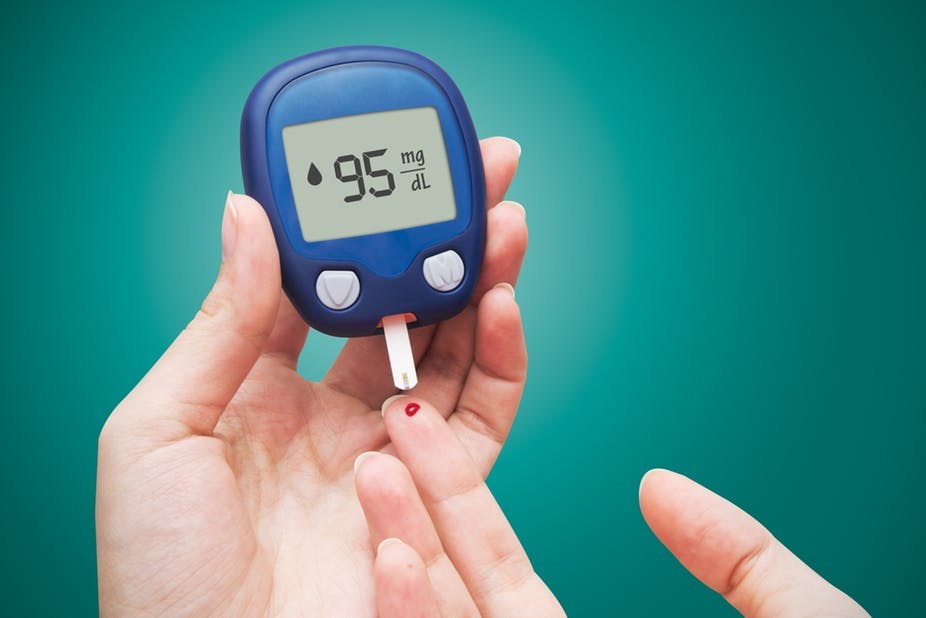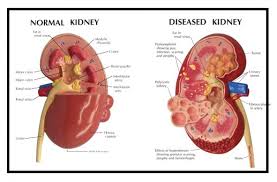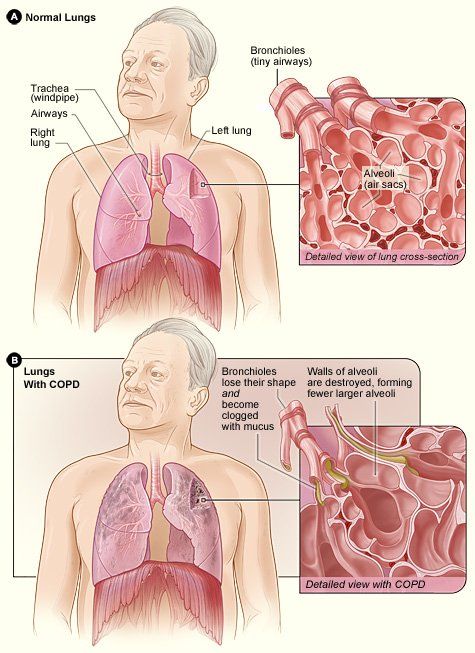Congestive Heart Failure
CHF

CHF
Congestive Heart Failure
You don't have to face HF alone
The term “heart failure” makes it sound like the heart is no longer working at all and there’s nothing that can be done. Actually, heart failure means that the heart isn’t pumping as well as it should be. Congestive heart failure is a type of heart failure that requires seeking timely medical attention, although sometimes the two terms are used interchangeably.
Your body depends on the heart’s pumping action to deliver oxygen- and nutrient-rich blood to the body’s cells. When the cells are nourished properly, the body can function normally. With heart failure, the weakened heart can’t supply the cells with enough blood. This results in fatigue and shortness of breath and some people have coughing. Everyday activities such as walking, climbing stairs or carrying groceries can become very difficult.
Heart failure
Heart failure is a term used to describe a heart that cannot keep up with its workload. The body may not get the oxygen it needs.
Heart failure is a serious condition, and usually there’s no cure. But many people with heart failure lead a full, enjoyable life when the condition is managed with heart failure medications and healthy lifestyle changes. It’s also helpful to have the support of family and friends who understand your condition.
How the normal heart works
The normal healthy heart is a strong, muscular pump a little larger than a fist. It pumps blood continuously through the circulatory system.
The heart has four chambers, two on the right and two on the left:
Two upper chambers called atria (one is called an atrium)
Two lower chambers called ventricles
The right atrium takes in oxygen-depleted blood from the rest of the body and sends it back out to the lungs through the right ventricle where the blood becomes oxygenated.
Oxygen-rich blood travels from the lungs to the left atrium, then on to the left ventricle, which pumps it to the rest of the body.
The heart pumps blood to the lungs and to all the body’s tissues through a sequence of highly organized contractions of the four chambers. For the heart to function properly, the four chambers must beat in an organized way.
What is heart failure?
Heart failure is a chronic, progressive condition in which the heart muscle is unable to pump enough blood to meet the body’s needs for blood and oxygen. Basically, the heart can’t keep up with its workload.
At first the heart tries to make up for this by:
Enlarging. The heart stretches to contract more strongly and keep up with the demand to pump more blood. Over time this causes the heart to become enlarged.
Developing more muscle mass. The increase in muscle mass occurs because the contracting cells of the heart get bigger. This lets the heart pump more strongly, at least initially.
Pumping faster. This helps increase the heart’s output.
The body also tries to compensate in other ways:
The blood vessels narrow to keep blood pressure up, trying to make up for the heart’s loss of power.
The body diverts blood away from less important tissues and organs (like the kidneys), the heart and brain.
These temporary measures mask the problem of heart failure, but they don’t solve it. Heart failure continues and worsens until these compensating processes no longer work.
Eventually the heart and body just can’t keep up, and the person experiences the fatigue, breathing problems or other symptoms that usually prompt a trip to the doctor.
The body’s compensation mechanisms help explain why some people may not become aware of their condition until years after their heart begins its decline. (It's also a good reason to have a regular checkup with your doctor.)
Heart failure can involve the heart’s left side, right side or both sides. However, it usually affects the left side first.
Need Help with CHF?
If you or a loved one find yourself troubled with CHF, contact Primary Care Offices . They can help you identify the problem and get the help you need.
Also keep in mind that at Primary Care Offices , we have doctors who accept Medicare and Medicaid on staff, as well as others who are on the list of Humana healthcare providers.
Contact Primary Care Offices for a same day doctor’s appointment at one of our conveniently located offices. Give us a call at 954-450-9595 , chat online , or visit our patient portal on our home page to get a comprehensive health exam.











